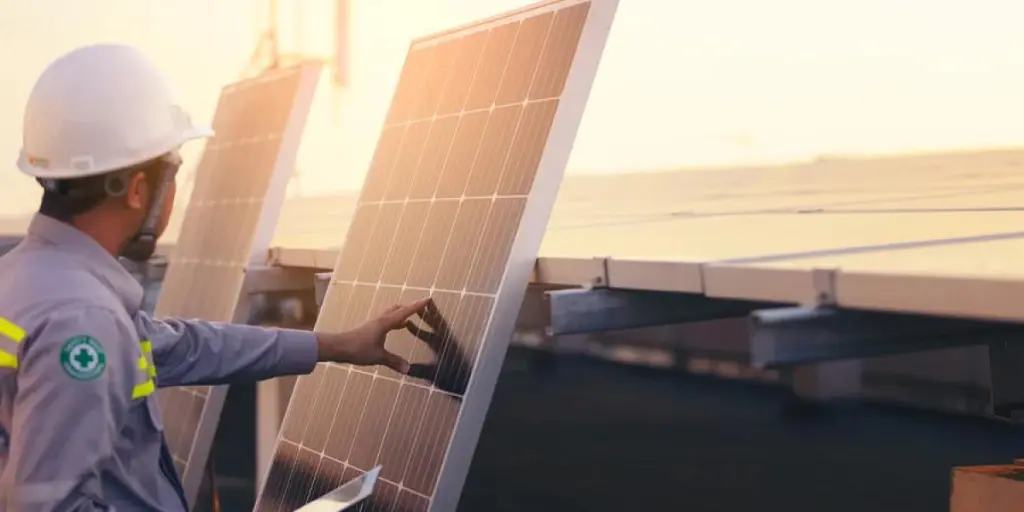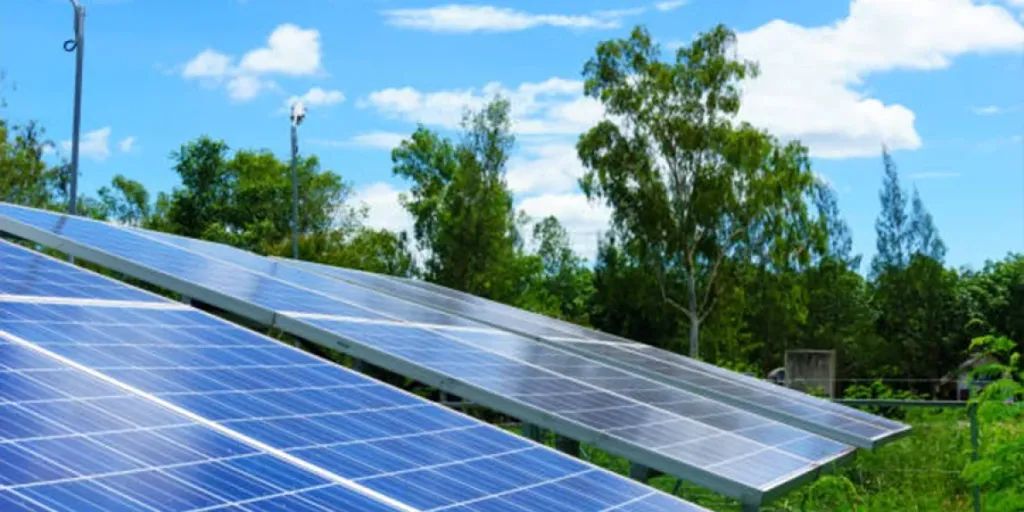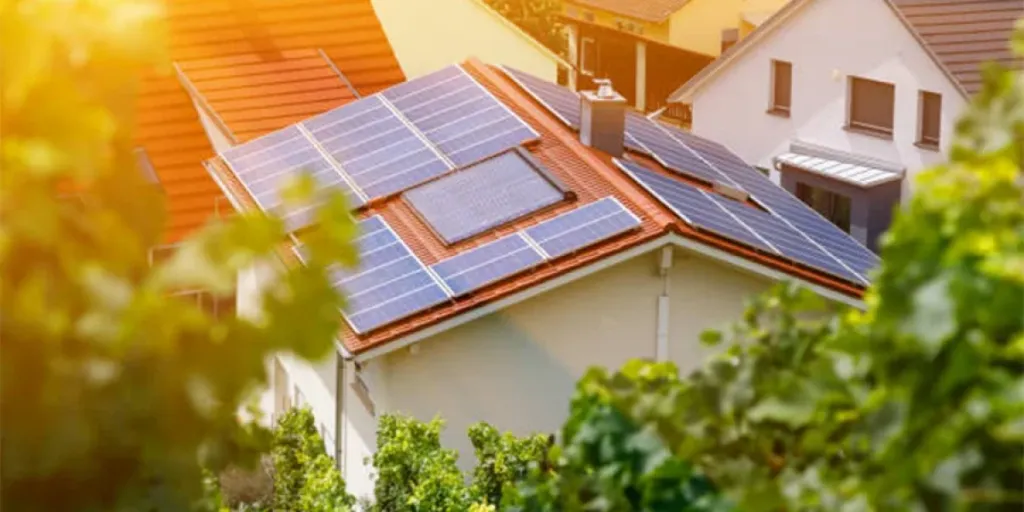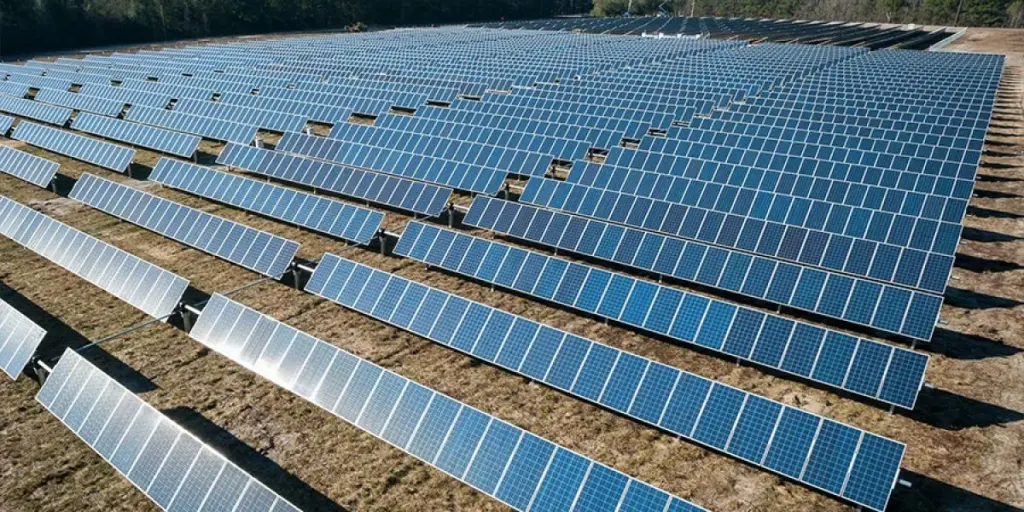- 13 solar CEOs have written to the European Commission demanding stronger and bolder action to speed up solar PV manufacturing within the EU
- They offer example of the US with its IRA and India with the PLI Scheme that provide short term financial certainty and clarity which the EU can emulate
- The letter demands the EU to replicate the EU Chips Act success for solar PV technology
- While EC currently creating PV Industrial Alliance to support local manufacturing, Germany is asking for a Platform for Transformational Technologies
The Chief Executive Officers (CEO) of 13 European and American solar industry stakeholders have written an open letter to the European Commission (EC) President to take cue from the US and India to take ‘stronger’ and ‘bold’ action to accelerate development of European solar PV industrial base.
The letter addressed to EC President Ursula von der Leyen, and in copy to the EC Executive Vice Presidents Dombrovskis (Trade), Timmermanns (Climate), Vestager (Competition) and Commissioners Breton (Growth) and Sefcovic (Inter-institutional Relations and Foresight) is signed by the top executives of BayWa r.e., Enel Green Power (EGP), First Solar, Fronius, Goldbeck Solar, IBC Solar, Iberdrola, Meyer Burger, Norwegian Crystals, SMA, SolarPower Power (SPE), Solarwatt and Wacker Chemie AG.
Pointing at the US passing Inflation Reduction Act (IRA) offering both capital and operating expenses support, and India’s Production Linked Incentive (PLI) scheme, the CEOs argue that such measures resonate with investors while also providing a clarity. These countries try to follow on the heels of China that has already built a solar PV manufacturing empire backed by a thorough industrial strategy of the Chinese government, including financing and state subsidies for local producers on the supply side, and a policy framework on the demand that have created both the world’s largest solar manufacturer and market by far.
What Europe currently needs are ‘short-term signals’ to attract ‘immediate and massive investments in new manufacturing sites at unprecedented scale,’ according to the letter.
Besides policy, other bottlenecks the solar PV manufacturing industry faces in Europe relate to skyrocketing electricity prices that threatens the remaining EU solar manufacturing capacity while it also thwarts attempts to bring it back to the continent. In a recent analysis, Rystad Energy cautioned that 35 GW of European PV manufacturing may be stalled if power prices continue to rise.
“Ambitious and accelerated financial support for large scale PV manufacturing is urgently needed, flanked by a competitive OpEx support for the entire supply chain, in particular the energy-intensive production of polysilicon and ingots/wafers,” reads the letter. It compares the IRA incentives for a 3 GW factory with the levels received in Europe through the Innovation Fund, whereas financial support in the US is over 10 times higher and offered for 10 years.
The CEOs call upon the EC President to replicate the EU Chips Act success for ‘critical’ solar PV technology and promote solar PV production in the National Resilience and Recovery Plans. With this act in place, EU expects to mobilize more than €43 billion of public and private investments in chips production to address semiconductor shortages and increase the region’s production capacity to 20% of the global market by 2030.
“In plain terms, developing a robust solar manufacturing value chain and decreasing dependence on imports will significantly reinforce the commission’s deployment and energy security ambitions,” it added.
Citing continued challenging price environment with increased cost and importation taxes on raw materials made it difficult for the company to be competitive in the European market, recently Maxeon Solar Technologies confirmed to TaiyangNews that it had to shut down its French module fab. However, it said it will be evaluating the possibility of re-establishing manufacturing capabilities in Europe in anticipation of policy framework evolution for localized solar supply chains.
As part of REPowerEU, the European Commission is currently working on establishing an EU Solar PV Industrial Alliance, which should resemble the EU Battery Alliance, and is supposed to be a key tool to re-establish domestic solar manufacturing. At the launch of the PV Industrial Alliance, EU Commissioner Breton said, “To meet Europe’s renewable energy objectives — and avoid replacing a dependency on Russian fossil fuels with new dependencies — we are launching an industrial alliance for solar energy. With the alliance’s support, the EU could reach 30 GW of annual solar energy manufacturing capacity by 2025 across the full PV value chain. The alliance will foster an innovative and value-creating industry in Europe, which leads to job creation here. Europe’s solar industry already created more than 357,000 jobs. We have the potential to double these figures by the end of the decade.”
As the EU PV Industrial Alliance is taking shape, end of September the German Economy and Climate Ministry (BMWK) has suggested to create a Platform for Transformational Technologies with the ‘aim and the unique feature of the initiative to develop and promote the EU’s industrial production capacities in 5 strategically important technologies – wind energy, photovoltaics, electrolysers, electricity grids and cables, and heat pumps – large and small.’ The reason: “The EU’s industrial production capacities are to be increased in order to be able to meet the growing demand for transformational technologies more strongly from domestic European production.”
While it looks like EU policy makers are moving, the question is how fast and effective they are to match the highly attractive incentives of India or the US. The first reaction of the European Commission on the US IRA doesn’t seem too promising. Rather than learning from the massive US Cleantech industrialization strategy, the EU is apparently trying to asses if the ‘US Inflation Reduction Act is in breach of WTO rules’, according to Bloomberg.
Source from Taiyang News
The information set forth above is provided by Taiyang News independently of Alibaba.com. Alibaba.com makes no representation and warranties as to the quality and reliability of the seller and products.




